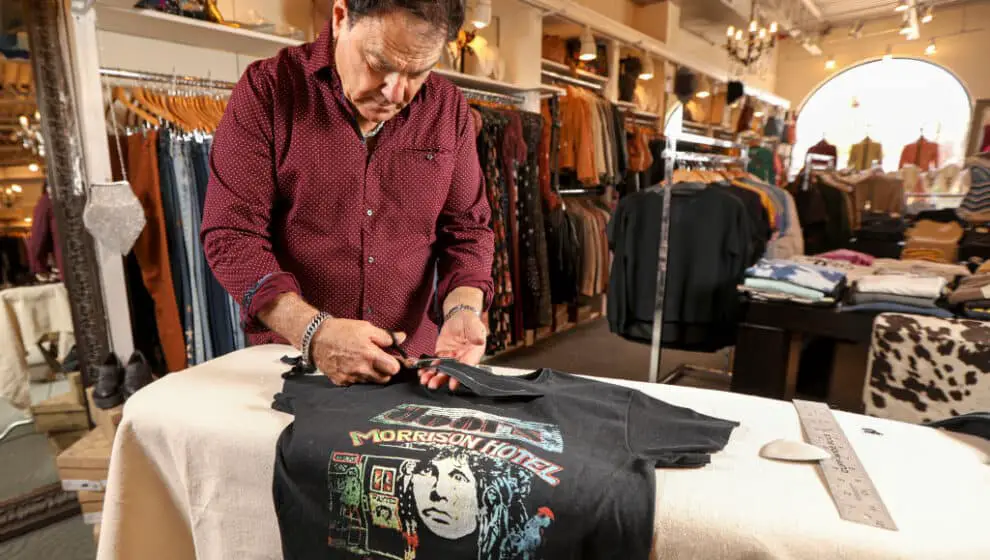After supply-chain issues crippled businesses during the pandemic, business owners are taking back control by creating their own supply chain.
Key Details
- Companies like Ford Motor, Lego, Intel, and First Solar are moving operations to the U.S. as a way to protect against further supply disruptions and in some cases cut costs.
- Without resources and connections of large companies, small businesses are particularly affected by disruptions leading to more focusing on local production.
- For small businesses, however, a local supply chain can still be difficult as raw materials can be evasive.
Why it’s news
Many small businesses struggled to survive the pandemic shutdowns for various reasons, but threats to the supply chain place yet another difficulty in their path to recovery.
Access to raw materials and skilled labor can be difficult for small businesses without the network of connections that major businesses have. Some business owners are solving this problem by switching to alternative materials that are more easily found in the U.S.
Backing up a bit
Recent legislative changes have made some materials more accessible. President Joe Biden signed the Inflation Reduction Act earlier this year, prompting greater investment in electric-vehicle battery production.
Not long after the bill was signed, Honda and LG Energy announced plans for a $4.4 billion battery plant in the U.S.
Michigan Governor Gretchen Whitmer has also done her part to encourage EV part manufacturing in the state. Whitmer recently announced two new parts manufacturers planning to set up shop.
Legislation like the Chips and Science Act is also encouraging chip manufacturing in the U.S. IBM recently announced plans for a $20 billion investment in New York. Other chip-making companies like Intel have been increasing their production facilities in the U.S.
